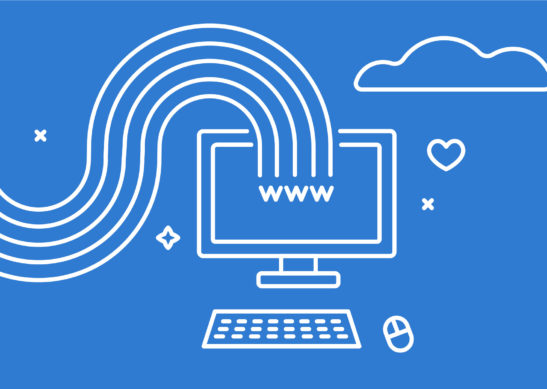In the Driver‘s Seat
In case you haven‘t noticed, there are many cookieless identifiers entering the market as the digital ad industry prepares for Google‘s big move to yank third-party cookie support in Chrome next year.
And the organizations behind those identifiers are eager to bring publishers on board because publishers increasingly have a key ingredient to make these identifiers work: email addresses for their users.
But many publishers, which haven‘t always historically fared well in digital advertising, aren‘t biting. And they‘re holding their precious data even closer to the vest, according to Digiday. That‘s not to say that they are ignoring industry developments around the emerging cookie alternatives — but many are definitely taking a wait-and-see approach.
Also this week, Google takes baby steps in the wake of Apple‘s privacy policies and Omnicom adds a clean-room option to Omni, the holding company‘s insights platform.
It‘s been a busy week in news about the future of advertising. Let‘s dig in.
Hands off
For many years, publishers got the short end of the stick, relegated to being a “provider of users,” with little interest in their data, which paled in comparison to the scale of the largest tech platforms. As third-party cookies sail off into the sunset, the value of that data — particularly user email addresses — has skyrocketed. With adtech players angling for access, publishers are in no hurry to share.
Hold the phone
By now, we‘re probably all familiar with Apple‘s new App Tracking Transparency policy, which forces apps to ask for user consent before tracking them across the web. The policy went into effect with the recent release of iOS 14.5. Now Google is under pressure to also limit tracking on Android phones. But there‘s one problem: The restrictions could impact Google‘s $130 billion mobile ad business, according to The Information.
Google ads generated $147 billion overall last year; here‘s a primer on how its ad business works.
Omnicom beefs up first-party data capabilities
Omnicom Group‘s data and analytics division Annalect will join forces with data tech firm InfoSum to grow its first-party data management offering. The deal will give Annalect access to more data sources that can be combined with a marketer‘s own first-party data in a privacy-safe way. InfoSum will integrate its clean-room tech with Omni, the holding company‘s insights platform, to give clients another option besides traditional data-sharing tools and help build targeting parameters and measure advertising effectiveness.
“We think the industry needs a better system for collaboration where data doesn‘t have to change hands,” Brian Lesser, chairman and CEO of InfoSum, told Variety. “Our system allows two first parties, a media company and an advertiser or an agency, to understand when they have an overlap without having to exchange that data.”
That‘s it for now. See you next week!


